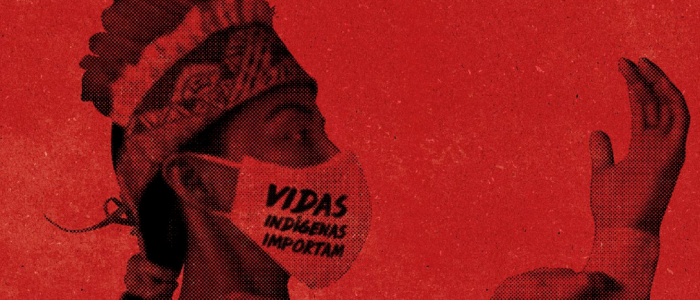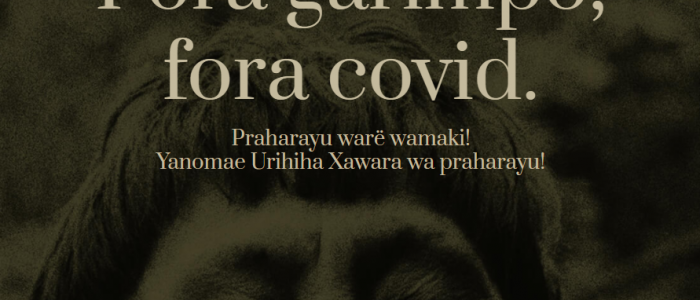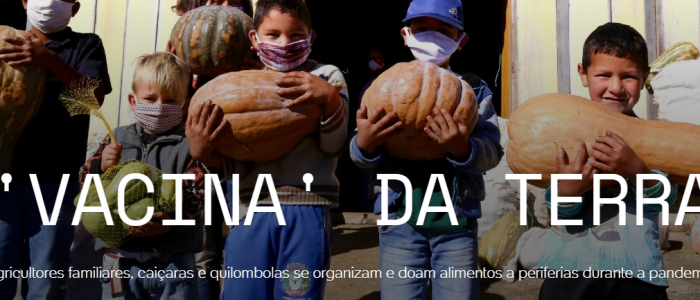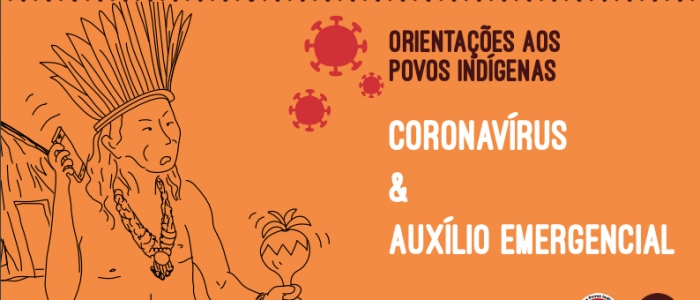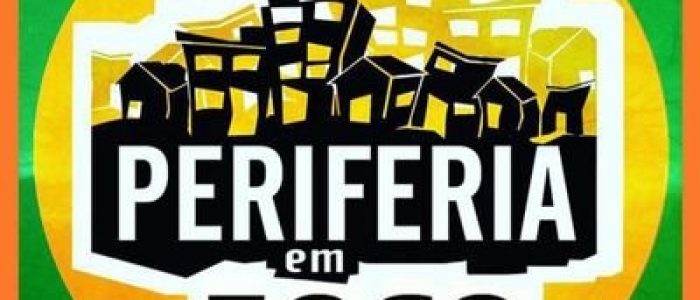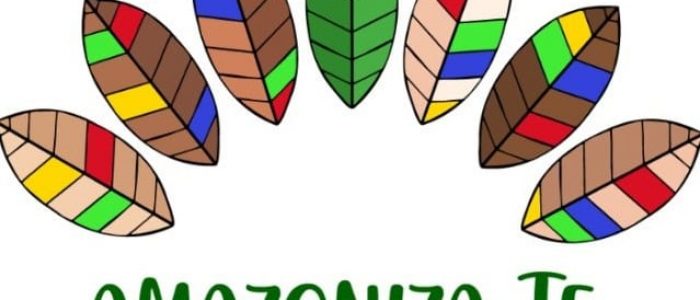A campanha #ForaGarimpoForaCovid é uma iniciativa do Fórum de Lideranças Yanomami e Ye’kwana e da Hutukara Associação Yanomami (HAY), Associação Wanasseduume Ye’kwana (SEDUUME), Associação das Mulheres Yanomami Kumirayoma (AMYK), Texoli Associação Ninam do Estado de Roraima (TANER), Associação Yanomami do Rio Cauaburis e Afluentes (AYRCA). A ação foi motivada em virtude das ameaças geradas pelo impacto da Covid levada a territórios indígenas por meio de garimpeiros ilegais.
No site da petição online, o Fórum de Lideranças da Terra Indígena Yanomami pede o direito de viver sem garimpo e com saúde. Diante do quadro, solicita que as autoridades do Ministério de Justiça e Ministério da Saúde tomem medidas urgentes em conjunto com outros órgãos do governo para uma ação coordenada e com devidas precauções técnicas sanitárias a fim de promover a desintrusão total dos garimpeiros que ainda estão nas terras indígenas.
Já foram mais de 439 mil assinaturas e dois projetos em tramitação (PL 776/2020, PDL 136/2020) que tratam dessa questão, mas que tiveram nos sites da Câmara e do Senado menos de 20 apoios até abril de 2021.
Acesse aqui a petição Fora Garimpo, fora Covid.




